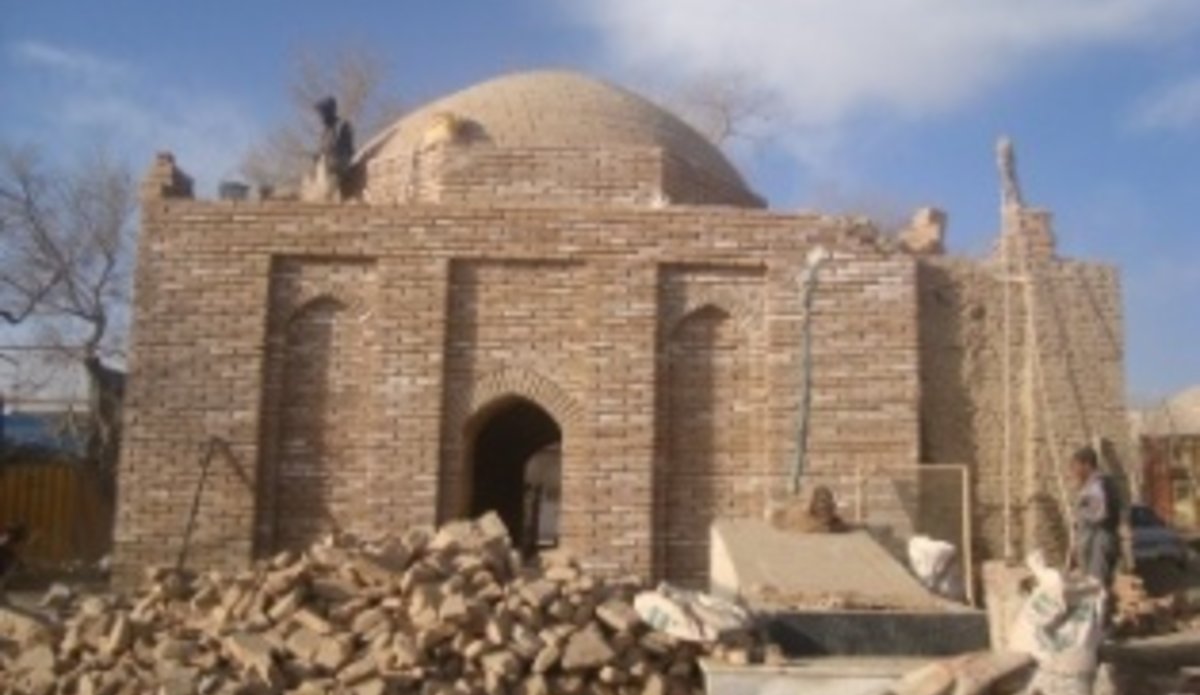Ghazni prepares for 2013 ‘Islamic cultural capital’
GHAZNI - The city of Ghazni in central Afghanistan is inching towards taking its 2013 title as the Asian capital of Islamic civilization by Islamic Educational, Scientific and Cultural Organization (IESCO).
“The naming of Ghazni as the centre of Islamic civilization will restore its reputation and will attract tourists - which push it toward development and change,” said Hamidullah Sarwari, Director of Information and Cultural Affairs in the province.
Civilizations lived in the region for more than 30 centuries, and although much of the artefacts have been destroyed, memories of multiple cultures intermingling and coexisting through the ages remain.
Out of 72 proposed renovation projects for the year 2013, more than half are culturally significant.
Among them the rehabilitation of the 16th Century Mausoleum of Abdul Razzaq to house a new Museum of Islamic Art by the end of this year.
“We hope the museum will play a significant role in educating people about the history of Ghazni and why the city is such a worthy nomination for a capital of Islamic civilization,” said Brendan Cassar, Culture Programme Specialist for the UN Educational, Scientific and Cultural Organization (UNESCO), which supports the renovation.
Additional preservation work includes strengthening the city’s famous minarets and citadel, but a lack of finances slowed down reconstruction work.
“We have short time left. Not enough adequate attention has been given to construction and renovation in the past years, and we need to do our hectic efforts to complete the predetermined projects for the year of 2013,” said Mosa Khan Akbarzada, provincial governor.
The National Museum in Kabul recently established a Ghazni exhibit, with UNESCO support, to raise public awareness of the city’s importance, as well as to promote the 2013 event.
The award of the title to Ghazni “will have positive implications for society and showcase the importance given to the Islamic culture,” said the head of the Provincial Council, Azizullah Poya.
By Dilawar Khan Dilawar, UNAMA
 UN
UN







